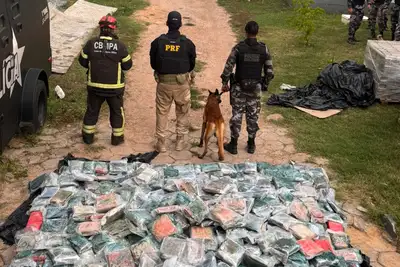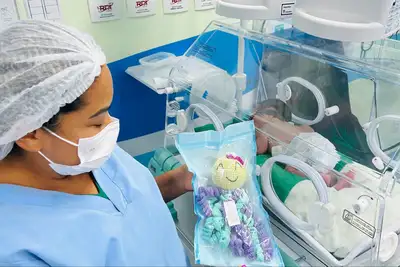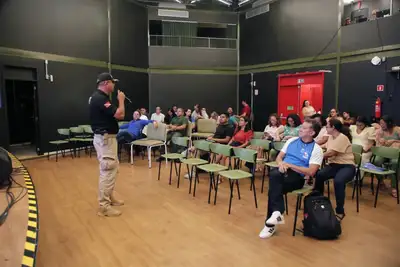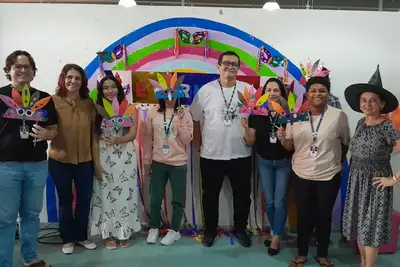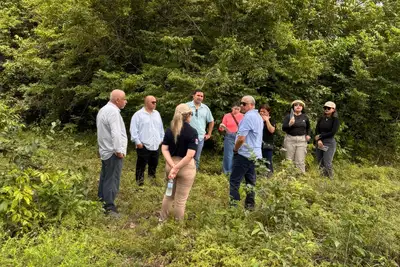Book “Fool's Gold” was launched today at the State University of Pará
Clay Chagas, rector of Uepa, is one of the authors of the book, which is the result of the doctoral thesis of researcher Roberto Magno Reis Neto
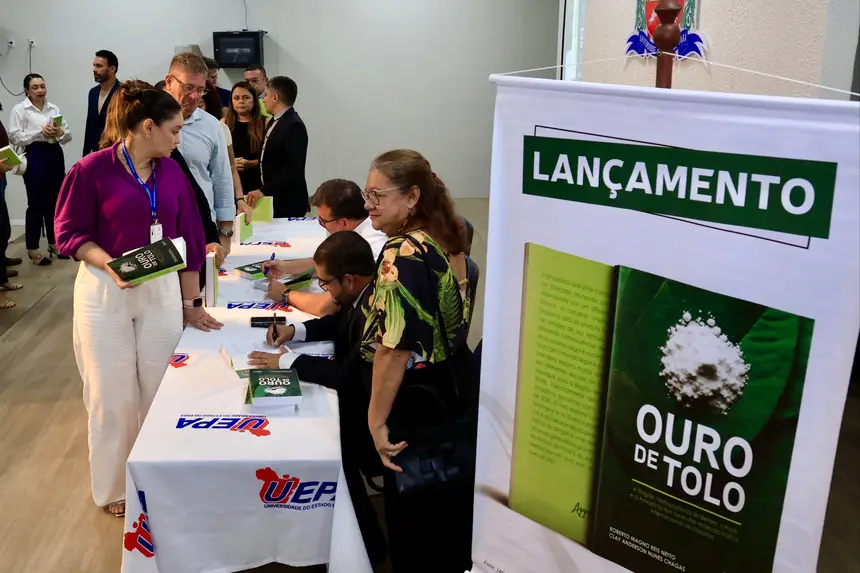
On the morning of this Monday (16), the Paulo Freire auditorium at the I campus of the State University of Pará (Uepa) was the stage for the launch of the book “Fool's Gold: The Metropolitan Region of Belém, Pará and the Amazon in the face of international cocaine trafficking networks.” The work is the result of the doctoral thesis of researcher Roberto Magno Reis Neto, under the guidance of Professor Clay Chagas, the university's rector.
The book analyzes the insertion of drug trafficking in the Metropolitan Region of Belém and the interconnection of this territory with national and international cocaine trafficking routes. The research focuses on different aspects of this illicit activity, highlighting the impacts on retail markets in urban peripheries.
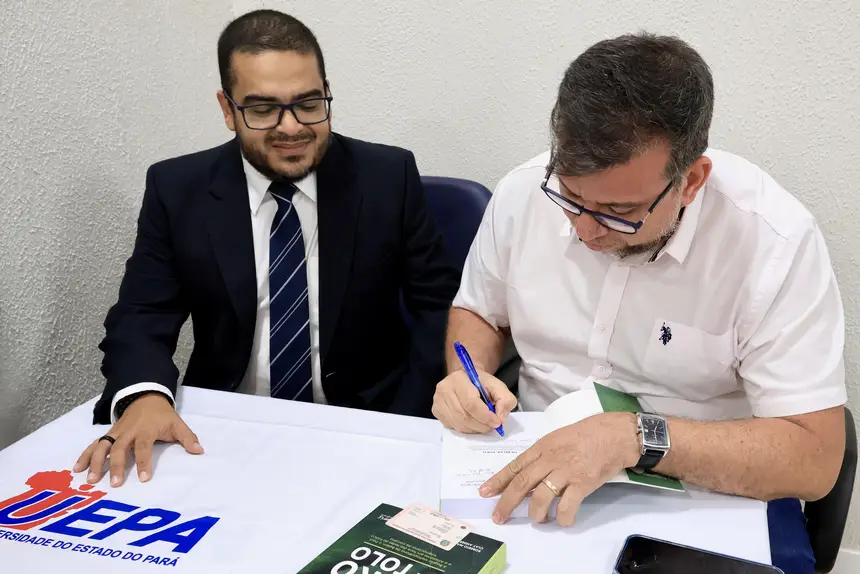
During the event, Professor Clay Chagas emphasized the value of the theoretical approach proposed in the work. “The great exercise of this book is to understand the marks that international trafficking leaves in its passage. This trafficking passes and leaves marks. The theoretical proposal is precisely to show that when you absorb a consistent theoretical conception, you can apply this understanding in other locations,” he explained.
Author Roberto Reis also highlighted the collective nature of the work. “This book is a bit of all the professors I had, especially in my master's program. It is not just mine and Clay's, but the result of various lives and stories that intersected,” he stated.
By offering a detailed analysis of drug trafficking in the Metropolitan Region of Belém, the work proposes a theoretical model applicable to other urban realities, broadening the understanding of the phenomenon in different contexts. The research reaffirms the university's commitment to producing relevant knowledge and contributing to addressing complex social challenges, such as international drug trafficking.



